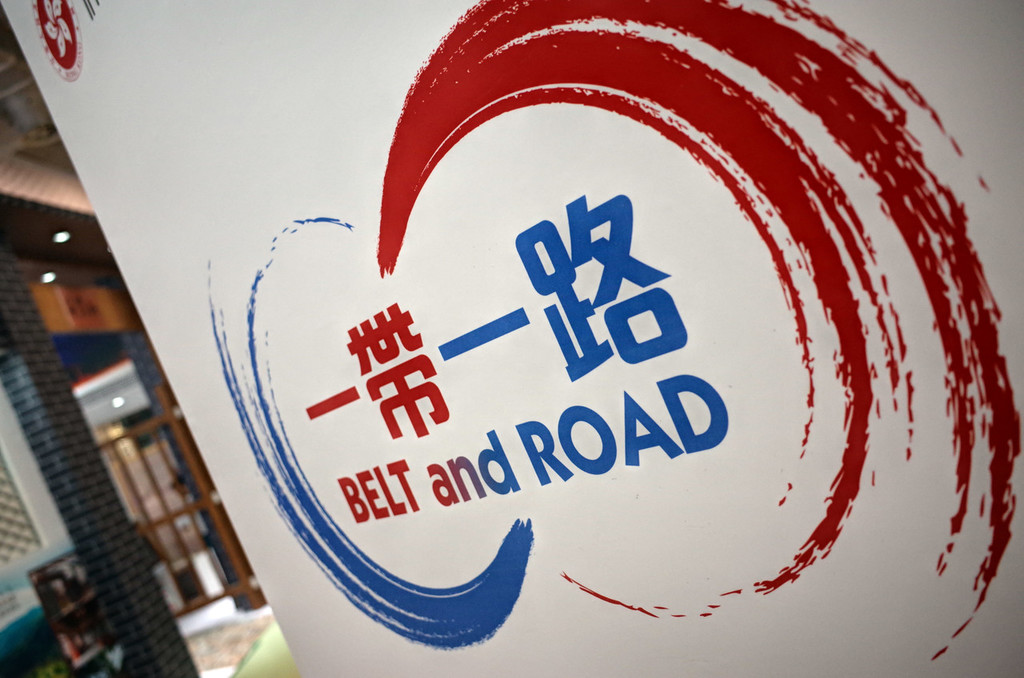Indonesian political parties look to potential of BRI cooperation
By ALEXIS HOOI/HU MEIDONG | China Daily Global | Updated: 2019-09-06 09:07

Ming Dynasty (1368-1644) admiral Zheng He is famous for leading voyages that helped spread Chinese trade and influence across the world, but his legacy in places like Indonesia continues to show that his expeditions established important links that went beyond diplomacy and economics to include cultural aspects and other ties.
Indonesian parliamentarian Dyah Roro Esti Widya Putri found those aspects of China's early interaction with her country and its surrounding areas to be one of the highlights of a week-long trip, which began in the coastal province of Fujian before culminating in Beijing on Monday with a joint consultation on the cooperation between the two countries under the Belt and Road Initiative.
"One of the main takeaways from this trip is to really understand the development that has occurred in China. Starting from economic development and its potential for cooperation with countries like Indonesia," said Dyah Roro Esti, who is from the Golkar Party.
"But we were also given a lot of valuable insights into the culture in China… it was a very good experience for us," she said.
Neighborhood Party Talk, a consultation session hosted by the International Department of the Central Committee of the Communist Party of China, involved 18 members of six major political parties from the Southeast Asian country agreeing on the potential and significant benefits of the China-proposed initiative, particularly with Indonesia's role in the initiative's 21st Century Maritime Silk Road as a major archipelagic nation in the region.
Wang Haifeng, director of the trade and investment office, Institute of Foreign Economy, National Development and Reform Commission, China's top economic planner, said at the session that the "solid and consistent bilateral relations", with the upgrade and expansion of economic cooperation and strategic partnerships of recent years, put Sino-Indonesian ties in good stead to tap the BRI.
Other than direct trade and investment, potential sectors also included tourism and the digital economy buoyed by the large Chinese market with a consistent, emerging middle class, and the further integration of regional production chains, Wang told the Indonesian delegation.
"China-Indonesia cooperation is always a big topic in China. Fujian province, which you just visited, is a very big part of the Maritime Silk Road project… with more opportunities for cooperation between the province and Indonesia," he said.
During their trip to Fujian, the Indonesian representatives visited Fuzhou Polytechnic and local businesses in the provincial capital, exploring vocational and technical education exchanges in fields ranging from aviation and new energy to artificial intelligence and robotics. The polytechnic's principal, Li Qiubin, also pointed to the potential of providing the Indonesian side with the relevant educational assistance and training in those sectors.
Professor Wang Aiping from the Indonesian research center at Fujian Normal University introduced the delegates to the history of exchanges between China and Indonesia tracing back to Zheng He's voyages, including the admiral's role in forging early Islamic links with Indonesia, now the country with the largest Muslim population.
Selly Andriany Gantina from the Indonesian Democratic Party of Struggle, the party of Indonesia's President Joko Widodo, highlighted the importance of friendly exchanges as a firm background for the BRI, with the historical and cultural links between the two countries being extended to practical cooperation in the fields of education, science and technology.
Parliamentarian Yohanis Fransiskus Lema, also from the Indonesian Democratic Party of Struggle, said Indonesia's focus on its maritime links and development is very much in line with the BRI and bilateral cooperation.
It was important that BRI projects contributed not just to the economy of participating countries, but also take into consideration their respective cultural and social development, the training and nurturing of local talent, as well as environmental sustainability and other areas, he said.
Lis Rosyita Dewi, from the Great Indonesia Movement Party, said that in the next five years Indonesia is set to invest more in education and training, focusing on human resources development.
Pointing to China's extensive experience in the field of vocational education, she expressed the hope that the two countries will continue to strengthen vocational and technical training, with better support for enterprises investing in Indonesia.
"The BRI is constantly showing openness and transparency, and regional international influence is growing. Political parties of the two countries should strengthen dialogue and communication, build consensus among all parties and push for the two sides to speed up practical cooperation in various fields," Selly Andriany Gantina said.
























